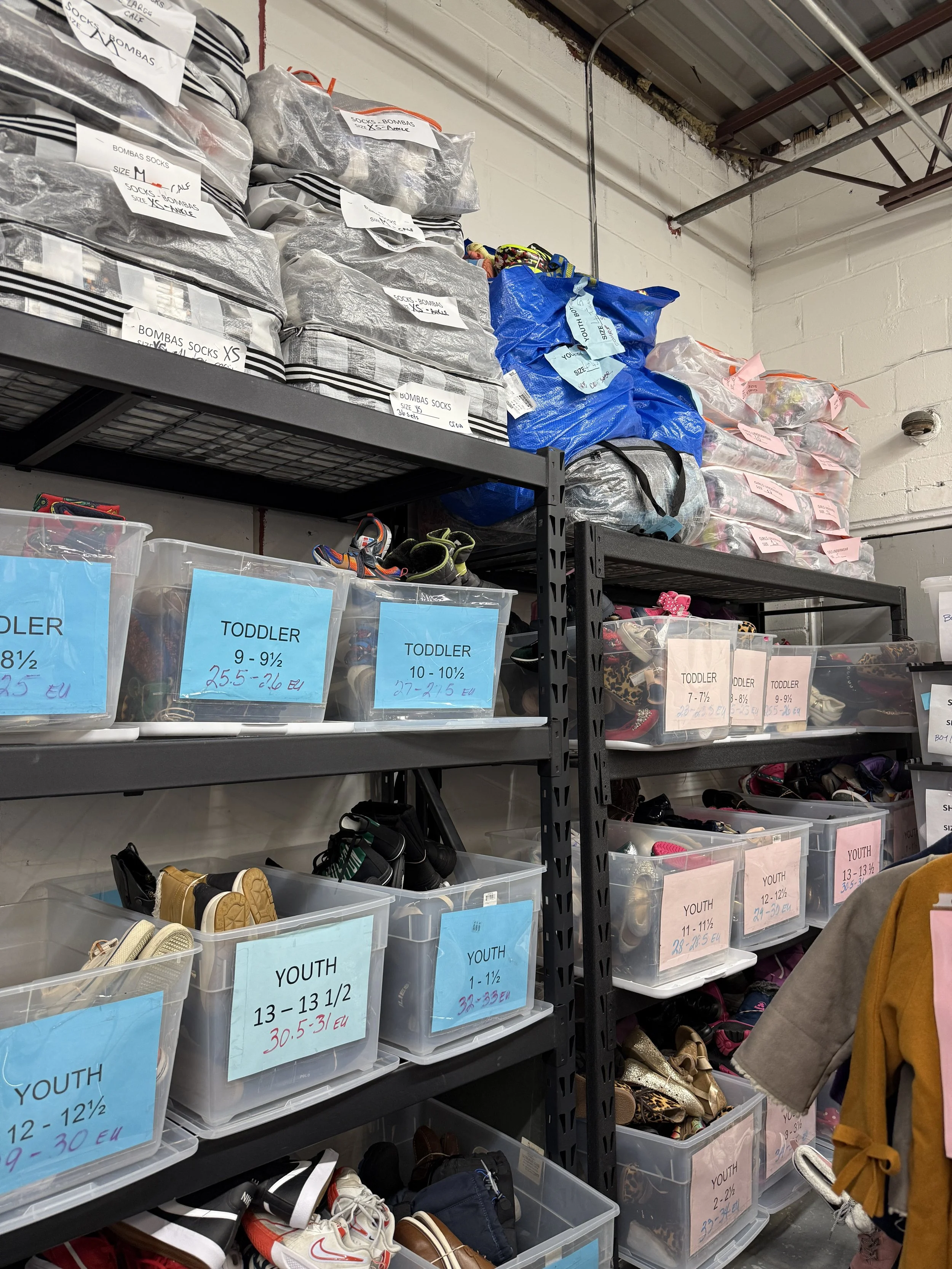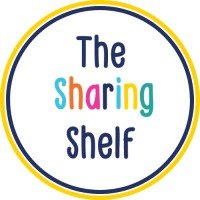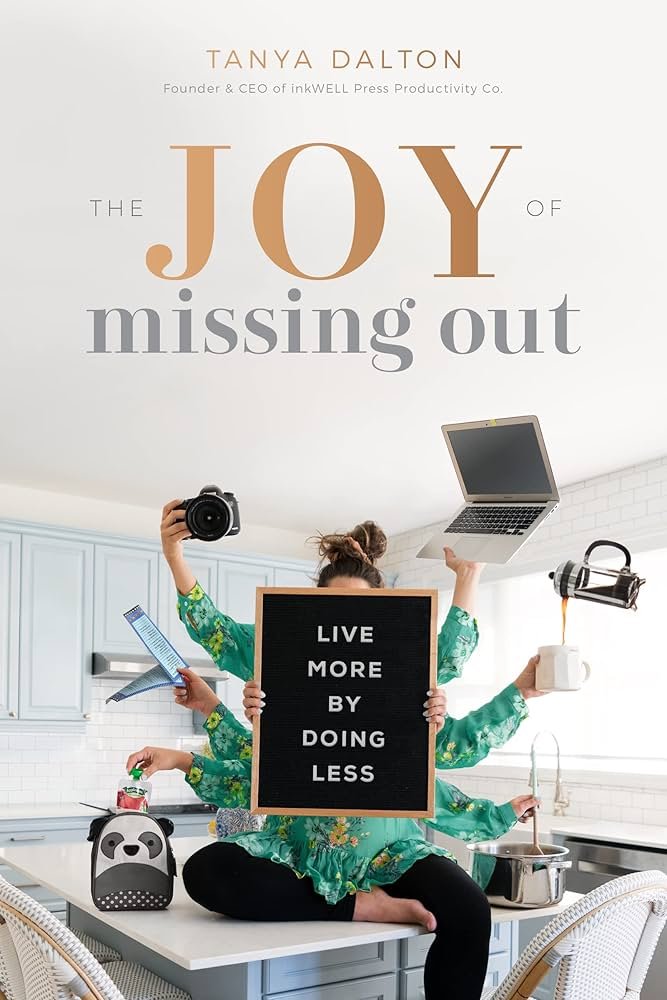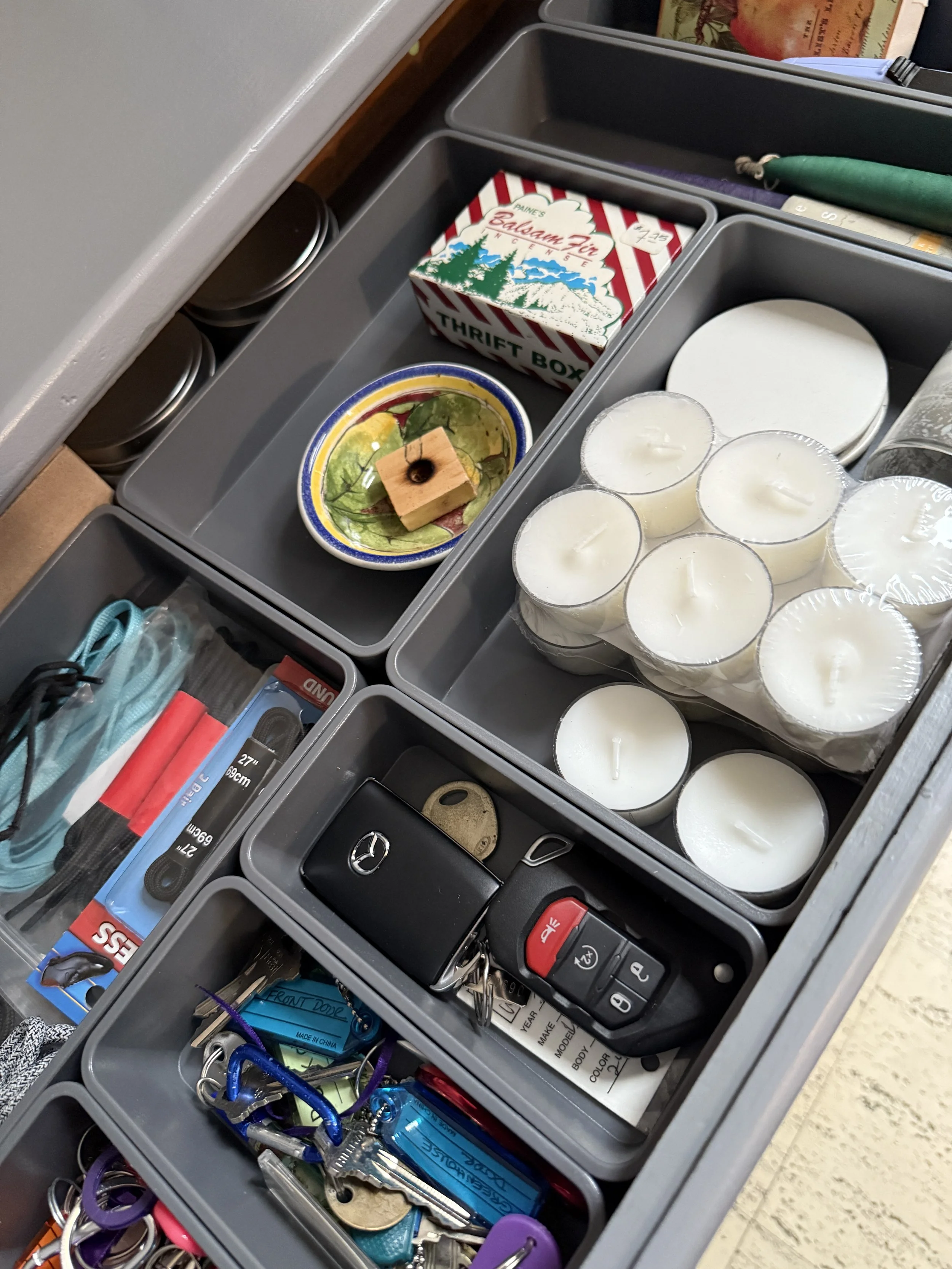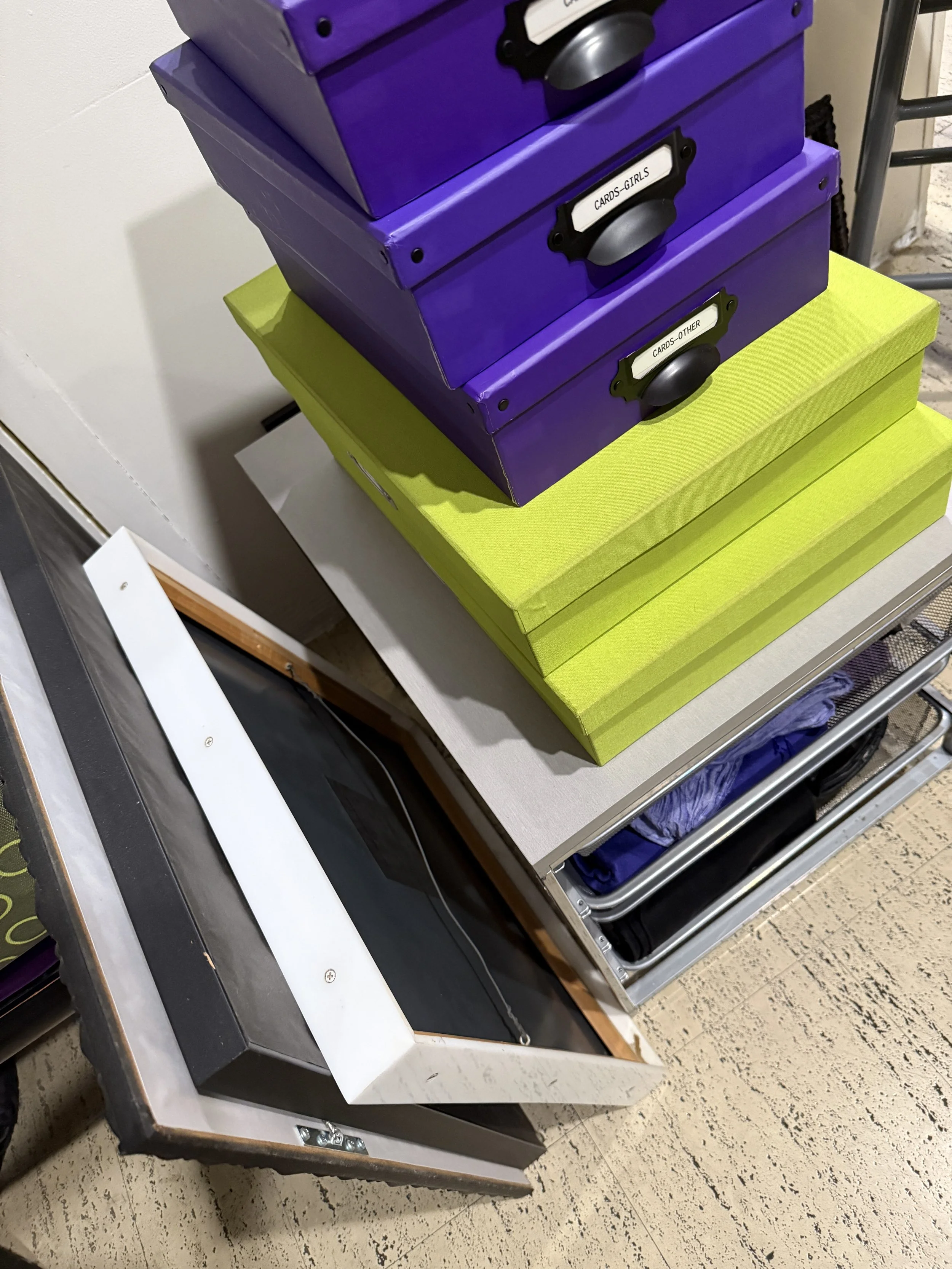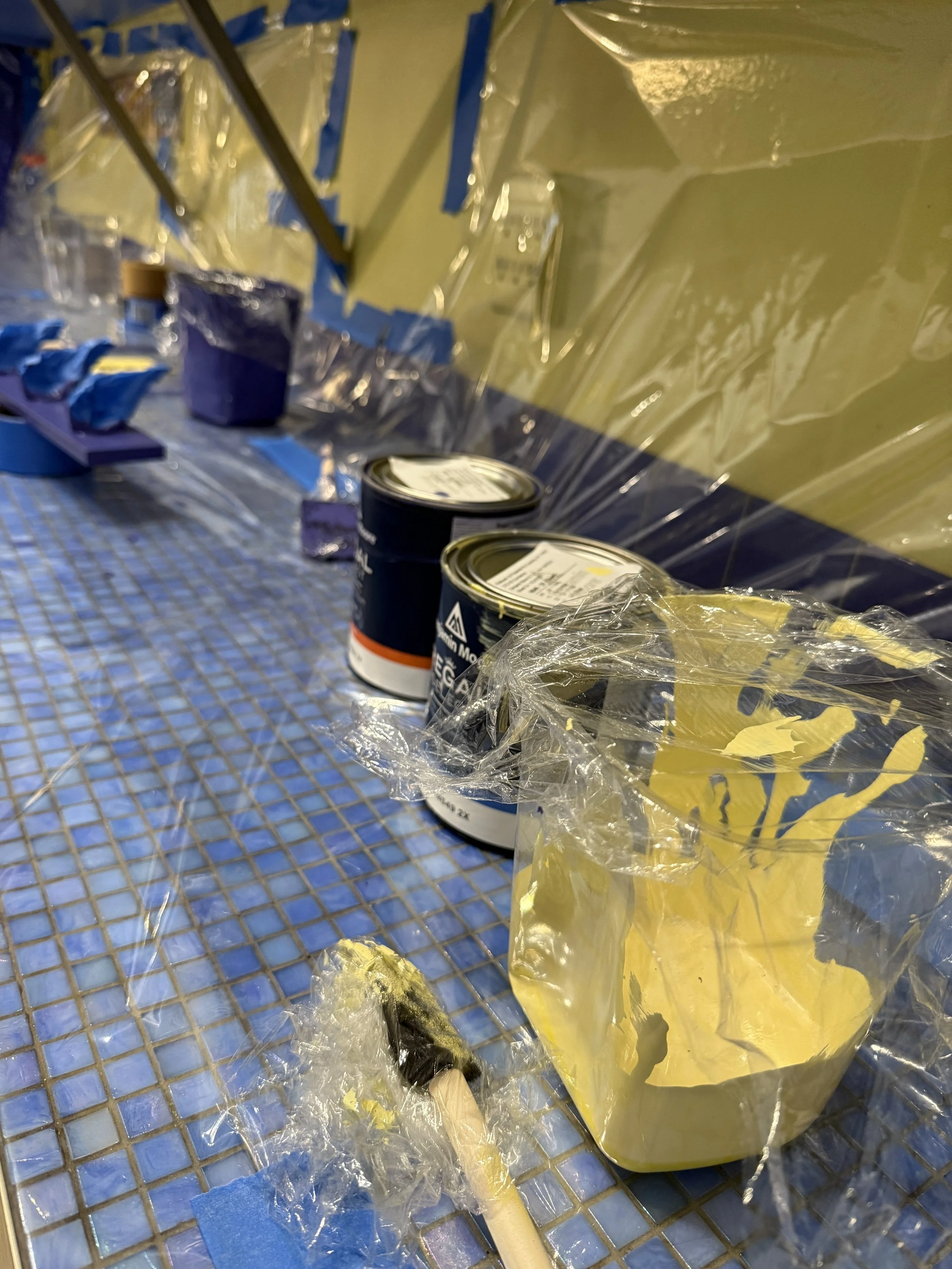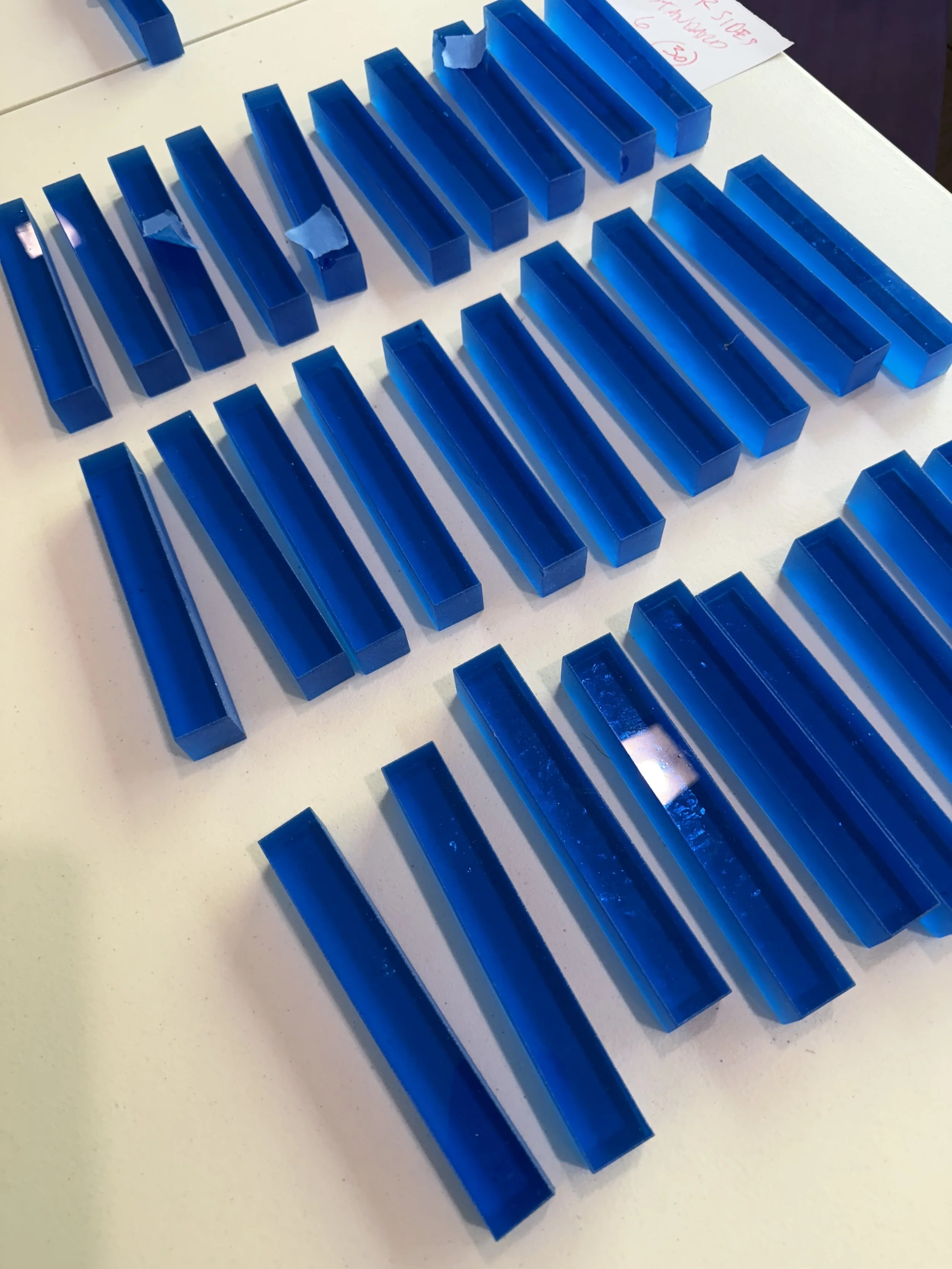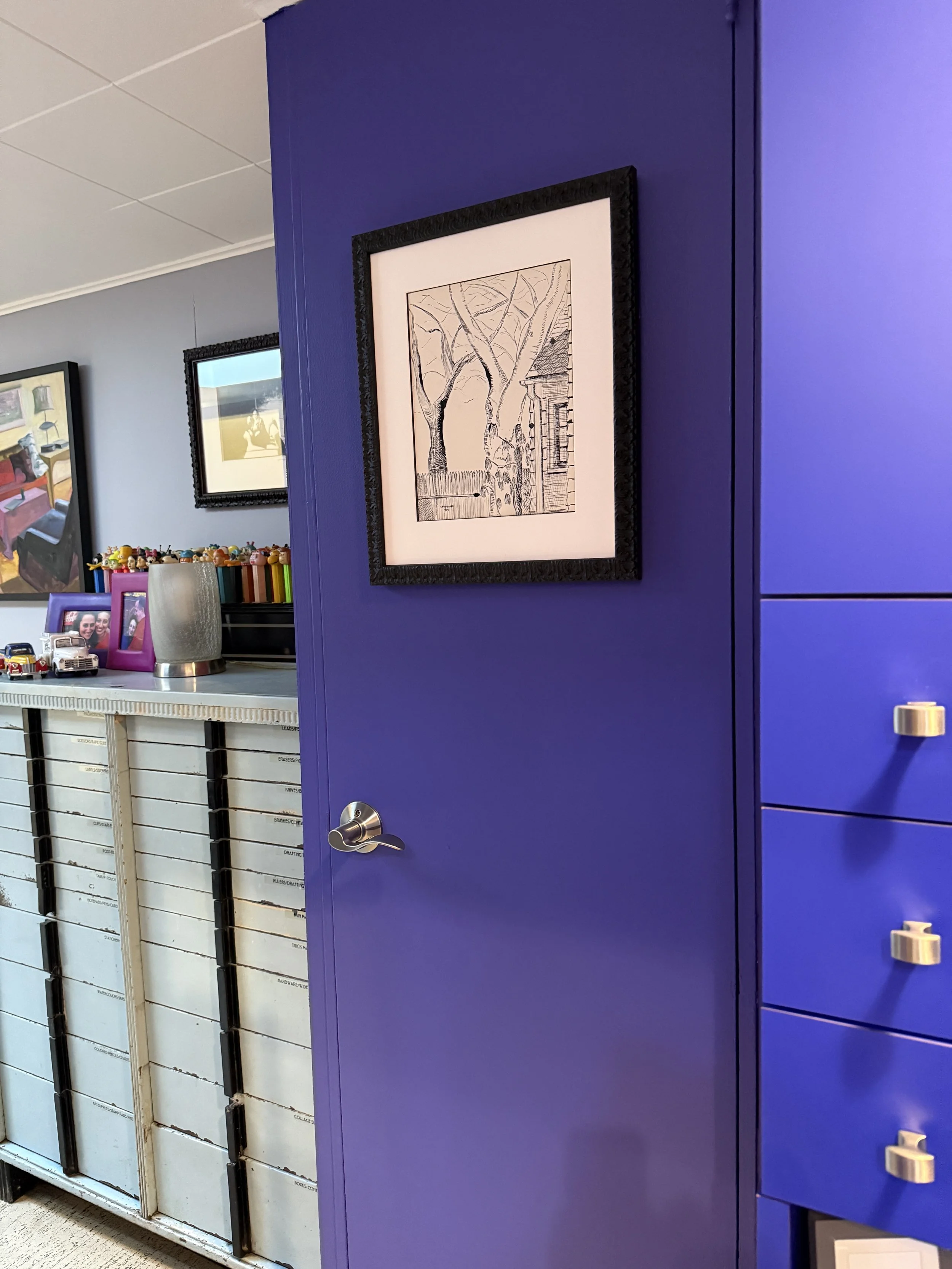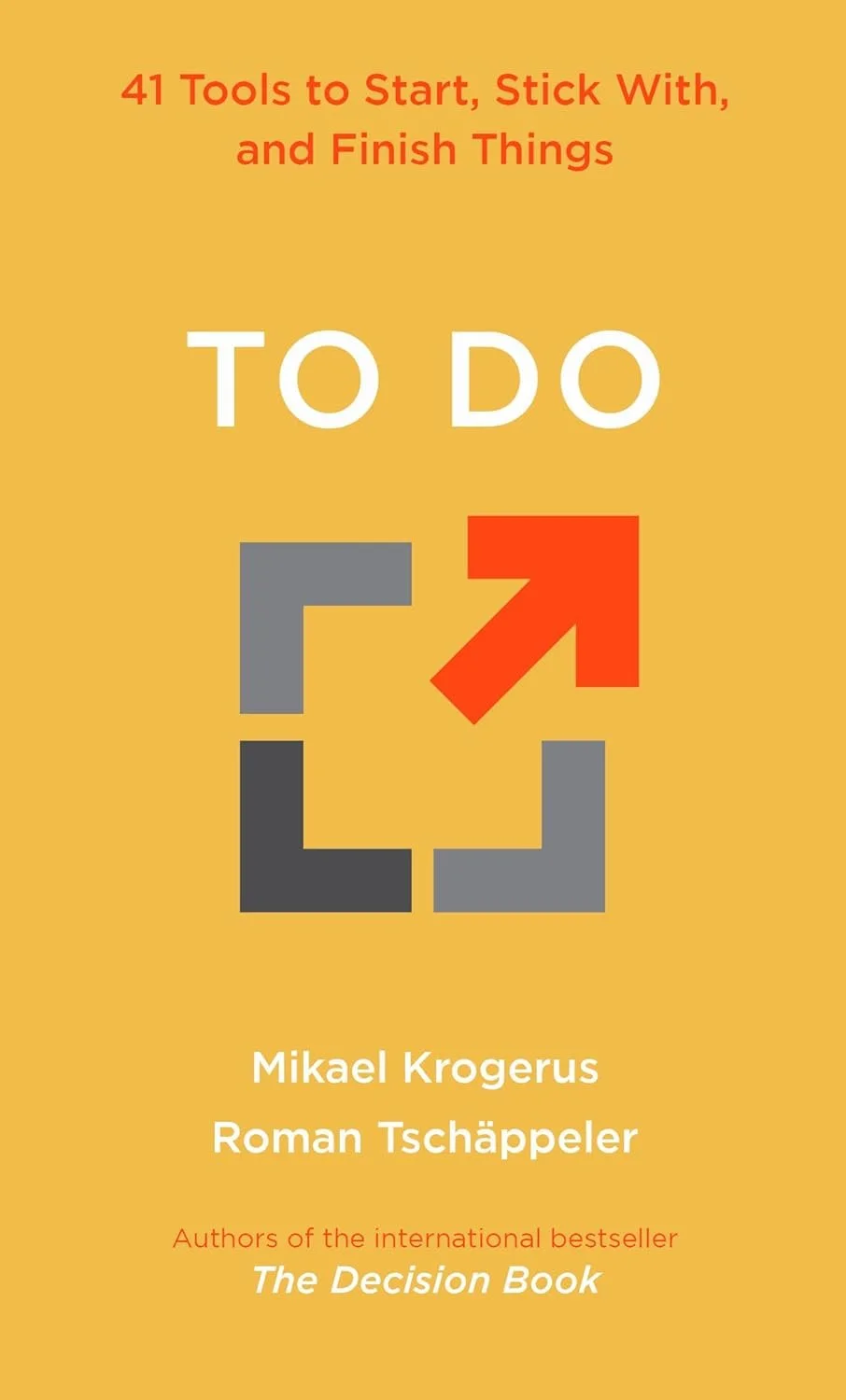Thanksgiving is just around the corner. My husband and I are excited to host our family and bring everyone together. I might even make my new peanut butter brownie recipe. A word of warning: it’s hard not to eat the entire tray because they’re so delicious. So, if you ask me for the recipe and make it, be sure to invite people to share it with.
Gratitude fills my thoughts. At the same time, I’m very aware of how challenging these times are. The constant stream of bad news, division, and suffering is impossible to ignore. Hope, love, and gentleness can feel elusive.
Perhaps it’s the eternal optimist in me, but I can’t help myself. Those small moments or glimmers of connection, comfort, generosity, kindness, and joy are also available. I hold them close. They are as essential to me as breathing oxygen.
Recently, I was reading through my journal from this past year. I found a passage I want to share with you. It reminded me how gratitude and being present have been, and continue to be, guiding forces in my life.
My journal entry:
For now, I am here. Rooted in the past, ready for the future, and grounded in the present.
Consider these questions:
How has your past influenced you?
Do you feel ready and excited for your future?
Are you fully present right now?
How does gratitude connect to your past, future, and present?
3 Ways to Nurture Gratitude To Help You FLourish
1. Rooted
As I reflect on the past, gratitude fills my being. I think about my family, loved ones cherished and now gone, the boundless love and connection, the feeling of home that traveled with me wherever I went, the deep conversations, traditions, music, laughter, and hugs.
I remember and feel grateful for the time spent visiting relatives, traveling, hosting and attending gatherings, renovating, learning, creating, snuggling, being raised, raising kids, and so much more.
Of course, no life or family is perfect. Still, I am grateful for everything and everyone—the beautiful moments and the challenges.
2. Ready
Are any of us ever truly prepared for the future? On one hand, unexpected surprises can arise that might throw us off course or discourage us. Many of these will be impossible to predict.
At the same time, there will be incredibly joyful experiences, opportunities for growth, and adventures.
To me, future readiness is mainly about having an open and flexible attitude toward what may happen. Being ready also involves a certain level of confidence, positivity, anticipation, and acceptance. While I can’t predict what will happen, I hold hope close.
I recognize that what I do today can positively or negatively affect my future. I’m grateful for the actions I’m willing and able to take to create a better tomorrow.
“I am grateful for this moment. I am here now.”
3. Grounded
The past has already happened, and the future is not yet here. All we truly have is the present. I am thankful every day for the moments I get to live, breathe, see nature’s wonders, create, work, contribute, inspire, love, and be loved.
I am grateful for my senses, which always delight me and bring me back to the present moment. The magic of this season offers a feast of colors, a variety of delightful scents and flavors, cozy fabrics like cashmere and velvet that bring warmth and comfort, and sounds of wind blowing, music playing, animals calling, and leaves dancing.
Being grounded in the present helps me show up each day for my loved ones, friends, clients, community, colleagues, and myself.
I am grateful for this moment. I am here now.
Are You Rooted, Ready, and Grounded?
We’re complex humans with different backgrounds, dreams, and circumstances. Gratitude can color where we’ve been, where we’re headed, and where we are.
During this season of gratitude, what are you focusing on? Which ideas resonate most with you? I’d love to hear your thoughts. I invite you to join the conversation.
How Can I Help?
This is a wonderful time to plan, get unstuck, and prepare for what’s to come. Are you feeling overwhelmed, stuck, disorganized, or unfocused? Would you like to make progress? I’m here to help! Virtual organizing is an extraordinary path forward – Local feel with a global reach.
Let’s talk. I’m easy to reach.
Schedule a Discovery Call
Fill out the Contact form
Email me at linda@ohsorganized.com or
Call 914-271-5673
Getting organized, focused, and progressing is possible, especially with support.







